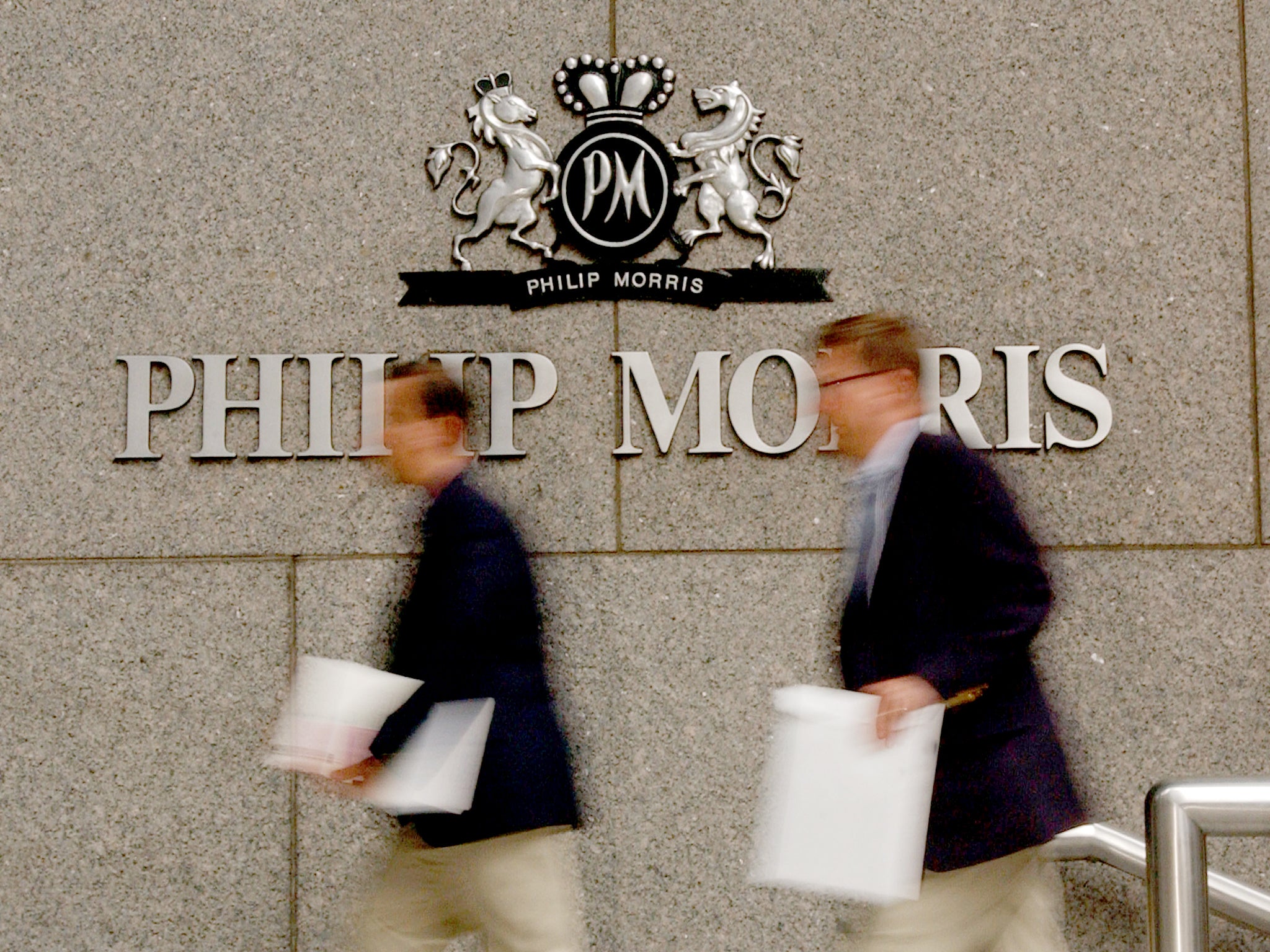Tobacco firm Philip Morris seals £1.1bn takeover of UK inhaler maker
PMI announced it has received support of its offer from 74 per cent of shareholders

Philip Morris International (PMI), the company which produces Marlboro cigarettes, has confirmed that its bid for inhaler maker Vectura has become unconditional after a majority of the target company’s shareholders agreed to sell their stock.
PMI said that it has received support from 74 per cent of shareholders in Vectura, pushing the number above the 50 per cent threshold required for the deal to go through. It is now urging the remaining shareholders to accept the deal.
The fact that the offer has become “unconditional”, means that remaining shareholders are unable to prevent it from happening and can be compelled to sell. While a deadline of 15 September has been set for Vectura investors to decide whether to sell to PMI.
The company said: “All remaining conditions to the offer have been satisfied or, where applicable, waived.
“Accordingly... the offer has become unconditional in all respects.”
The deal has been particularly controversial, with both medical groups and charities warning the board against selling to a cigarette business. However, the Marlboro maker has pointed out that it already has some expertise in fields such as respiratory medicine.
There have also been concerns that while the company claims to have ambitions for a “smoke-free” future, it still generates a majority of its revenue from cigarettes.
Jacek Olczak, PMI’s chief executive, argued that Vectura would play a “critical role” in the company’s “Beyond Nicotine” strategy.
He explained: “We have reached an important milestone in our acquisition of Vectura and are pleased to have secured over 74 per cent of the company’s shares, in excess of the 50 per cent required to make our offer unconditional and PMI the majority shareholder.
“We are very excited about the critical role Vectura will play in our Beyond Nicotine strategy and look forward to working with Vectura’s scientists and providing them with the resources and expertise to grow their business to help us achieve our goal of generating at least one billion dollars (£720 million) in net revenues from Beyond Nicotine products by 2025.”
The inhaler maker’s board unanimously suggested that shareholders approve PMI’s £1.1 billion takeover and following this, PMI started buying shares on the open market, securing a stake of 29.9 per cent.
Any remaining shareholders were then asked to approve the deal and to sell their shares in principle. A threshold of 50 per cent was needed for the deal to complete and this has now been reached, with remaining shareholders expected to fall in line.
Market rules governing takeovers meant that PMI was not allowed to build its stake by buying shares from US based investors. It was however able to buy stock from other international investors to reach its 50 per cent target.
As well as being controversial, the takeover could also impact research for the firm, as several universities have rules that block them from taking funding from cigarette businesses and their subsidiaries.
Sarah Woolnough, chief executive of Asthma UK and the British Lung Foundation, criticised Vectura’s decision to sell, suggesting that the inhaler maker has “prioritised short-term financial gain over the long-term viability of Vectura as a business.”
Ms Woolnough said: “Vectura has sold out millions of people with lung disease, and instead prioritised short-term financial gain over the long-term viability of Vectura as a business.
“Vectura is now owned by a tobacco company, and this could cause considerable problems, such as the firm being excluded from research and clinical networks.
“It creates perverse incentives for Philip Morris International to sell more of its harmful products so they might then profit again through treating smoking-related diseases.
“There’s now a very real risk that Vectura’s deal with big tobacco will lead to the cigarette industry wielding undue influence on UK health policy.
She added: “We call on the government to stand by its commitment to the World Health Organisation framework convention on tobacco control to prevent this happening.”
Additional reporting by PA
Join our commenting forum
Join thought-provoking conversations, follow other Independent readers and see their replies
Comments